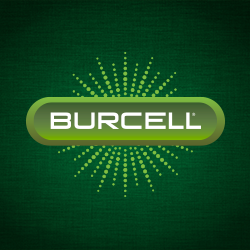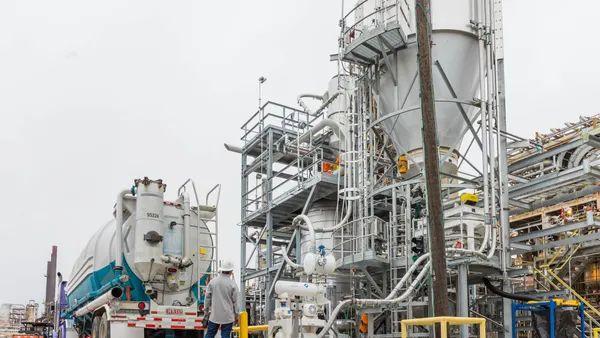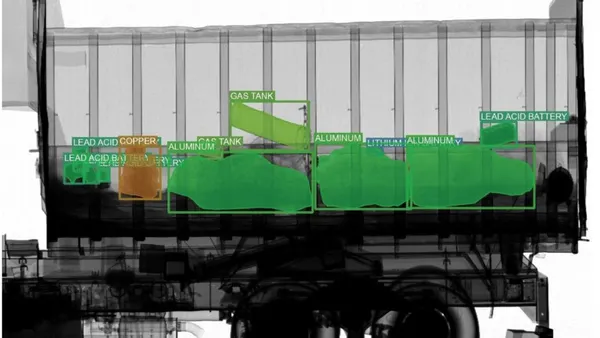Dive Brief:
- With 3-D printers gaining popularity, it is only a matter of time before more consumers create their own products - many of which will be made from plastics.
- A question surrounding these printers raised in TechCrunch was the final destination of the object- will the capability of consumers to produce their own goods create more trash or less?
- The writer surmises that perhaps the novelty of having something the individual designed themselves will prompt people to not discard these items so hastily, instead perhaps causing the creator to cherish the item instead of tossing it into the trash without a thought. The flip side is that with this technology in their hands, consumers can create an endless mountain of products if they wish.
Dive Insight:
Numerous companies are working toward a sustainable solution for 3-D printing. Mentioned in the TechCrunch piece is a biodegradable filament - PLA, used in printers that is capable of biodegrading. Also noted was a 3-D printer that uses paper and a potentially non-toxic glue to create, leading to the possibility of the recyclability of such an item. Another interesting company referenced was an upcycler who designed a 3-D printer that would allow people to convert garbage into new plastic products using the machine.
Perhaps down the road, legislation could dictate the end use of a greater number of products, similar to mattress or e-waste laws that are gaining momentum. However, as found with electronic waste, this would be extraordinarily difficult to police. Current trends into sustainability may push consumers to want to make smart choices when it comes to creating their own products. With consumers acting as the manufacturer, the destiny of the product would truly be in their hands.













